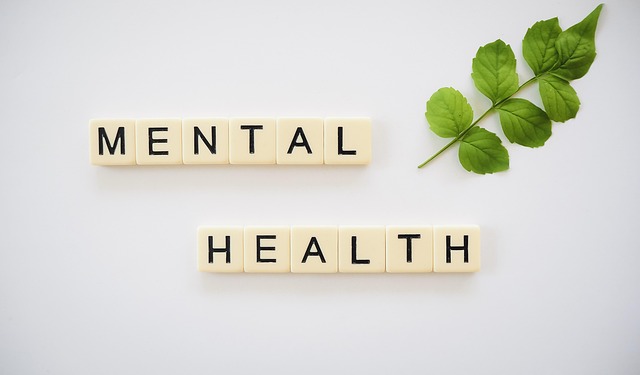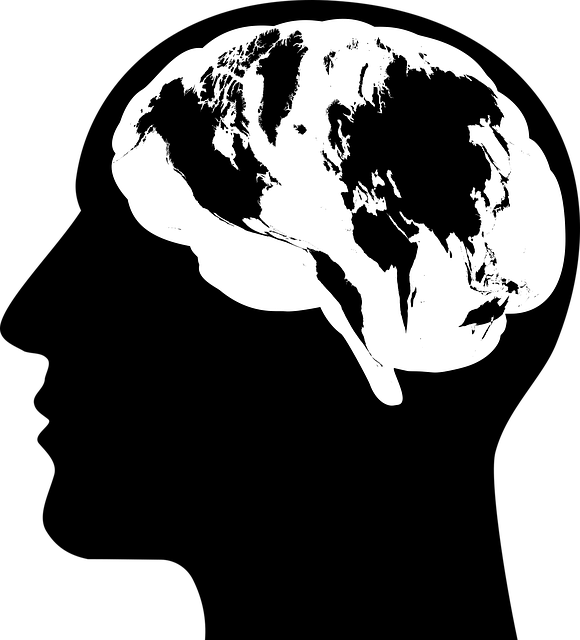Mental wellness apps tailored for young Hebrew-speaking children in Israel are emerging as powerful tools for therapy, addressing anxiety and depression through engaging content localized in Hebrew. These apps, sensitive to cultural diversity and local customs, integrate games, mindfulness, and educational content, making therapy more appealing and effective. They foster mental health awareness, connect kids with peers, empower parents, and contribute to early intervention, enhancing cultural sensitivity in mental healthcare practice.
Mental wellness apps are transforming therapy for young children, offering innovative solutions tailored to diverse needs. This article delves into the growing importance of digital tools in child psychology, with a specific focus on developing apps for Hebrew-speaking audiences. By exploring development considerations, potential features, and benefits, we aim to illuminate how these applications can enhance traditional therapy methods and improve mental wellness outcomes for children.
- Understanding the Need for Mental Wellness Apps in Young Children's Therapy
- Development Considerations for a Hebrew-Speaking Audience
- Potential Features and Benefits of a Mental Wellness App for Kids
Understanding the Need for Mental Wellness Apps in Young Children's Therapy

In today’s fast-paced world, mental wellness apps are becoming increasingly important tools for children’s therapy, especially within the Hebrew-speaking community. With a growing recognition of the value of early intervention and prevention, therapists and parents alike are turning to technology as a means to support young minds. The need for tailored solutions is evident, as many traditional therapeutic approaches may not fully resonate with children, particularly those experiencing anxiety, depression, or other mental health challenges.
Mental wellness apps offer an engaging and accessible way to implement Mind Over Matter principles in the lives of young Hebrew-speaking children. These apps can provide interactive and personalized experiences, making therapy more appealing and effective. By integrating games, mindfulness exercises, and educational content, therapists can now address depression prevention and promote mental health awareness in a format that resonates with younger audiences, fostering positive habits from an early age.
Development Considerations for a Hebrew-Speaking Audience

When developing a mental wellness app for a Hebrew-speaking audience, it’s crucial to consider cultural nuances and language barriers. Israel, with its diverse population, requires an approach that caters to various ethnic and linguistic backgrounds. Therefore, ensuring accessibility in Hebrew is not just a localization effort but a necessary step to reach a significant portion of potential users.
The app should incorporate strategies that resonate with the Hebrew-speaking community, such as empathy-building techniques tailored for young children. Given the importance of emotional intelligence and confidence-boosting activities in therapy, these elements must be presented in a culturally sensitive manner. By integrating local experts’ insights and incorporating stories or references familiar to the audience, the app can foster a deeper connection, making therapy more accessible and effective for young Hebrew speakers.
Potential Features and Benefits of a Mental Wellness App for Kids

A mental wellness app tailored for kids can offer a diverse range of potential features and benefits, especially when designed with Hebrew-speaking children in mind. These apps can provide accessible therapy options for young individuals who may struggle to engage in traditional face-to-face counseling sessions. Interactive games, mindfulness exercises, and cognitive behavioral techniques translated into Hebrew can help normalize conversations about mental health and emotions. For instance, features like guided meditation sessions or virtual reality experiences could offer immersive and engaging ways to teach kids relaxation strategies.
Furthermore, these apps can foster a sense of community by connecting children with peers facing similar challenges, promoting peer support. Incorporating parental control and progress tracking tools enables parents to actively participate in their child’s mental wellness journey while ensuring data privacy. By addressing the growing need for accessible mental health resources for kids, particularly within Hebrew-speaking communities, these apps can contribute to better risk management planning for mental health professionals and enhance cultural sensitivity in mental healthcare practice. They also promote early intervention and Mental Health Awareness, ultimately empowering children with tools to navigate their emotional well-being.
Mental wellness apps have the potential to revolutionize therapy for young children, especially within Hebrew-speaking communities. By addressing the unique needs and cultural contexts of these audiences, developers can create engaging tools that enhance traditional therapy methods. A well-designed app, incorporating interactive features and age-appropriate content, can improve access to mental health support, encourage self-care practices, and foster resilience in children. With ongoing research and development, we can ensure that these apps become valuable resources for therapists, parents, and children alike, ultimately improving overall mental wellness.









